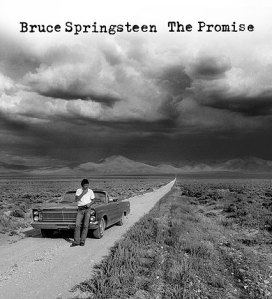 “What do you see as the next step?”
“What do you see as the next step?”
By Bob Davis
Closing the sale is critical for those of us for whom selling is our noble career choice. Many of us have been taught the “ABC” method of closing (always be closing). Often, this gets executed in a trial close that seems manipulative to our customers. Some examples (and the fantasy response I would like to give):
Car Salesperson: “What can I do to get you into this car today?”
Customer: “Open the door!”
Insurance Salesperson: “If I could show you a way to protect your loved one’s future and give you increased financial security, would you be interested?”
Customer: “No! I don’t much care for my family and my goal is to go bankrupt this year—can you help with those?”
In the fantasy interchanges above, we have exaggerated (not by much) the manipulative nature of many closing techniques. Of course we all know that a truly consultative selling approach engages the customer in very different process that doesn’t require the manipulative closes like the above. A discourse on Consultative Selling is a three-day affair when I teach sales classes as a professional sales trainer. Rather than cover all of that in this blog, let’s take a look at a quick tip on closing that I discovered by accident.
I was working with a software company that was considering having me and my company design and deliver a large segment of their Global Sales Meeting. After several meetings with sales operations and others, I was brought in to the office of the sales VP. Much work had been done prior to this meeting and I knew more work would be needed to close the deal. Getting involvement from this VP was critical as he “owned” the Global Sales Meeting and its budget. After 45 minutes of productive discussion, I sensed the meeting was ready to end and asked the VP, “What do you see as the next step?” His eyes brightened, he leaned forward and he said, “That was a great closing question!” We defined specific steps and dates that would lead me to a contract and a twelve-year, very productive relationship with this gentleman.
“What do you see as the next step?” was not a deliberate and planned question. I was an “unconscious competent” – someone who is doing things right but is not consciously aware of it. My VP Sales buddy made me a “conscious competent” – someone who is doing things right and is consciously aware of it. Since that epiphany, I make sure that on every call I ask the customer at the end, “What do you see as the next step?” What amazed me when I first started doing this was:
- Virtually every customer had a next step or multiple steps that defined my sales process to closing
- The most amazing discovery was that the customer would often go further in their next step description than I might have proposed
- Those who would not state a next step, were signaling me they were not a qualified customer OR I was talking to the wrong customer OR I had done a lousy job of selling
I now see that simple question as a way to co-create the closing process with the customer.
The Sales Detective lesson:
On every customer contact, ask, “What do you see as the next step?”







